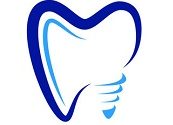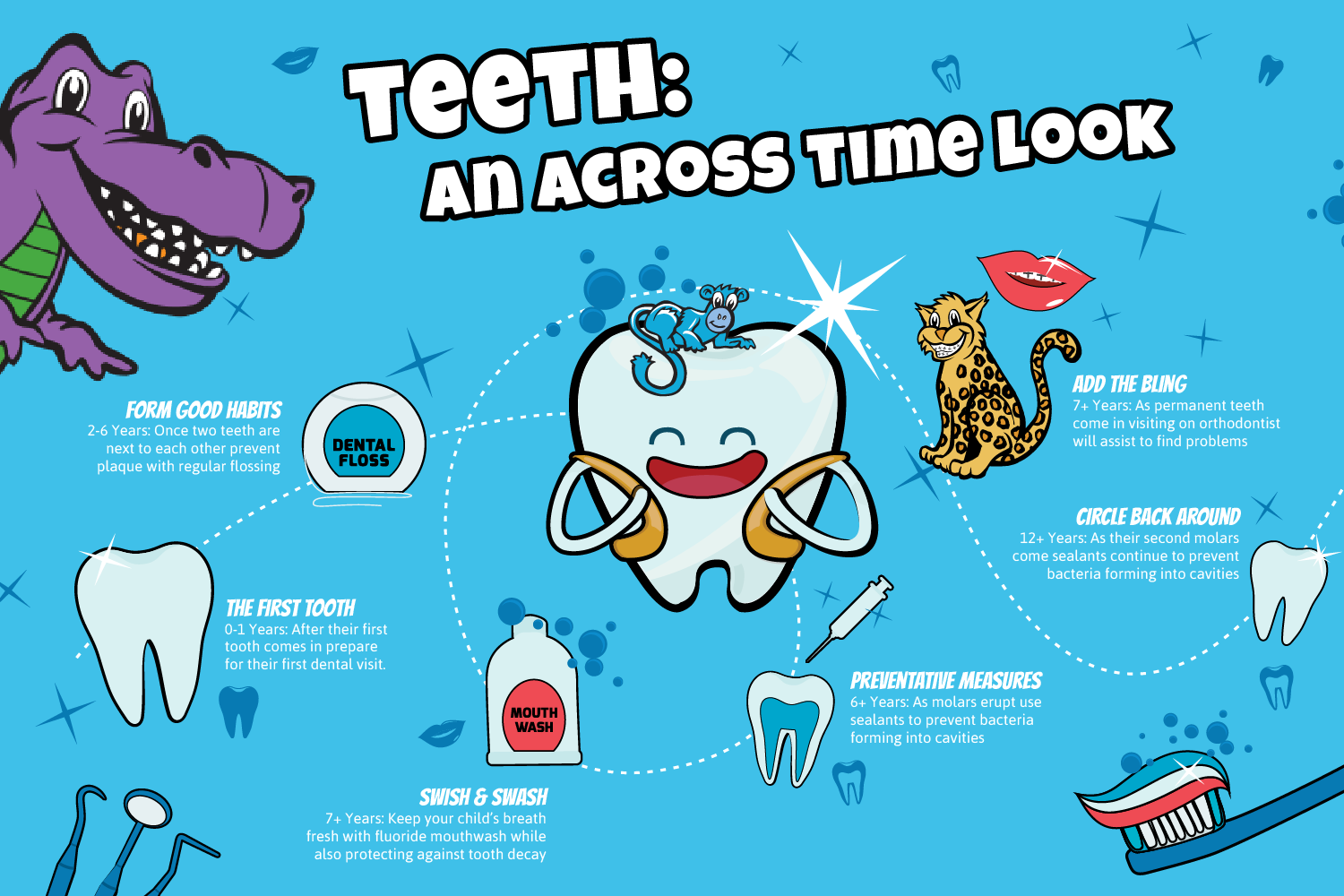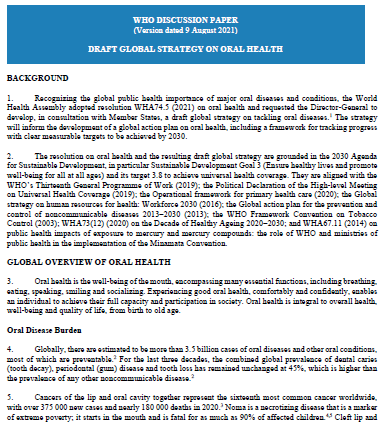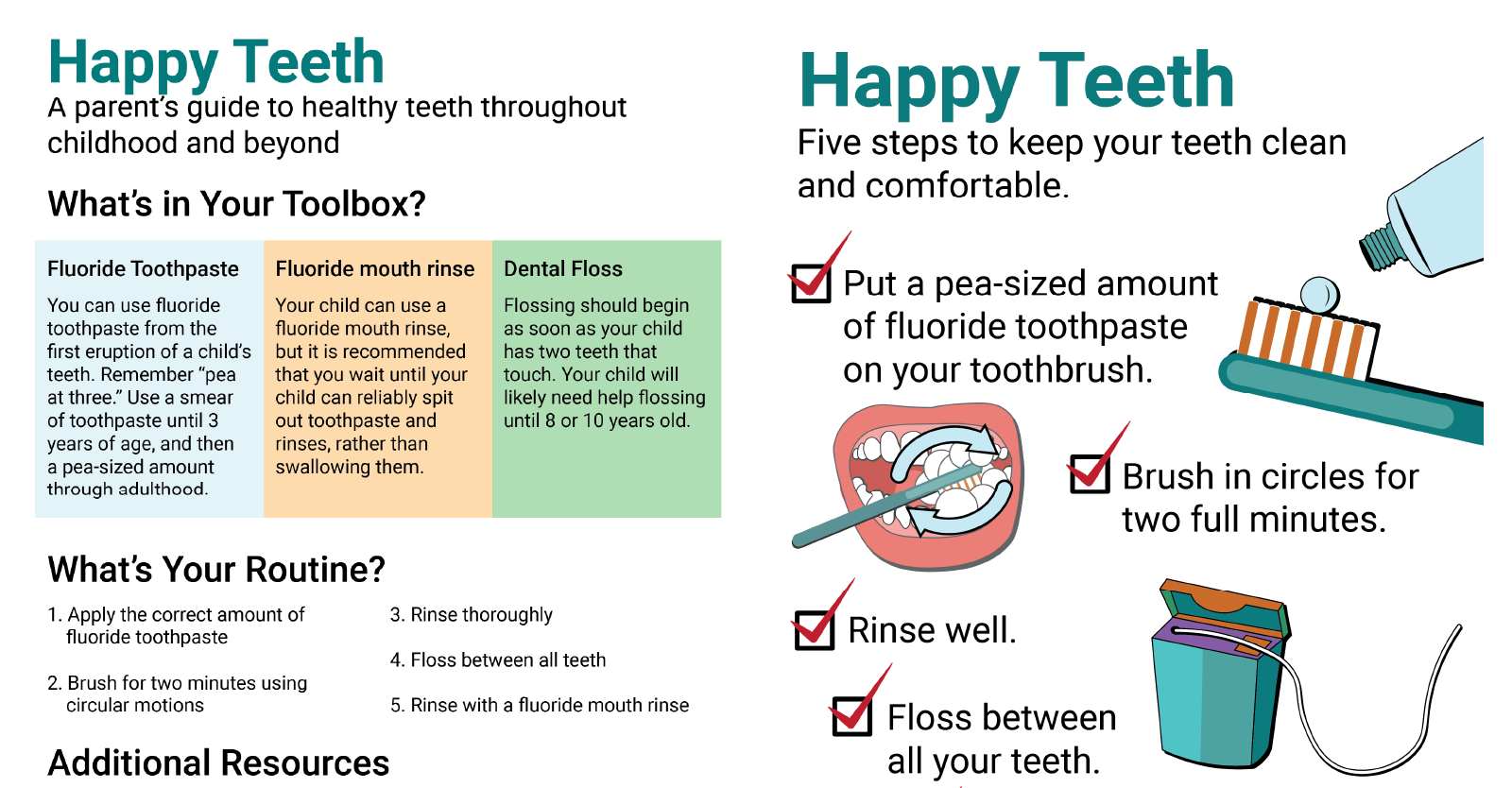Introduction
When it comes to children’s dental health, instilling good habits early on is crucial. As parents, it is our responsibility to teach our kids the importance of proper oral hygiene and regular dental care. By starting early and making dental care a priority, we can set our children up for a lifetime of healthy smiles.
Why Pediatric Dental Care is Important
Proper dental care is crucial for children as it sets the foundation for a lifetime of healthy teeth and gums. Instilling good dental habits early on not only ensures a beautiful smile but also prevents dental issues such as cavities, gum disease, and tooth decay. Pediatric dental care focuses on the unique needs of children, from infancy through adolescence, and plays a vital role in their overall health and well-being.
The Role of a Pediatric Dentist
A pediatric dentist specializes in providing dental care to children. They have the knowledge and expertise to address the specific dental needs of young patients. Pediatric dentists create a friendly and comfortable environment to make dental visits a positive experience for children. They offer a range of services, including regular check-ups, cleanings, fluoride treatments, and guidance on proper oral hygiene practices.
When to Start Pediatric Dental Care
The American Academy of Pediatric Dentistry recommends that children should have their first dental visit by their first birthday or within six months after their first tooth erupts. Early dental visits allow the dentist to monitor the child’s oral health, identify any potential issues, and provide guidance on proper oral care techniques. Starting dental care early helps children become familiar with the dental office and reduces anxiety associated with dental visits.
Oral Hygiene for Infants
Even before the first tooth appears, it’s important to care for an infant’s gums. Gently wipe the gums with a clean, damp cloth after feeding to remove any bacteria. Once the first tooth erupts, start brushing it with a soft-bristled toothbrush and a smear of fluoride toothpaste. Avoid putting infants to bed with a bottle containing anything other than water to prevent tooth decay.
Teaching Proper Brushing Techniques
As children grow, it’s essential to teach them proper brushing techniques. Use a small, pea-sized amount of fluoride toothpaste and a soft-bristled toothbrush. Encourage them to brush their teeth for at least two minutes, twice a day. Teach them to brush all surfaces of their teeth, including the front, back, and chewing surfaces. Supervise their brushing until they are around eight years old to ensure they are doing it.
Summary
In this blog post, we will explore the basics of pediatric dental care and discuss the importance of instilling good habits in children from an early age. We will cover topics such as proper brushing and flossing techniques, the significance of regular dental check-ups, and the role of a balanced diet in maintaining optimal oral health. By understanding these fundamental aspects, parents can ensure that their children develop strong and healthy teeth, preventing common dent click al issues such as cavities and gum diseases.

- Q: When should my child have their first dental visit?
- A: It is recommended that your child has their first dental visit by their first birthday or within six months after their first tooth appears.
- Q: How often should my child visit the dentist?
- A: Regular dental check-ups should occur every six months to ensure proper oral health and development.
- Q: How can I help my child develop good dental habits?
- A: You can help by teaching your child to brush their teeth twice a day with fluoride toothpaste, encouraging healthy eating habits, and limiting sugary snacks and drinks.
- Q: When should my child start brushing their teeth?
- A: As soon as your child’s first tooth appears, you should start brushing their teeth with a soft-bristled toothbrush and water.
- Q: Are dental X-rays safe for children?
- A: Yes, dental X-rays are safe for children. They use very low levels of radiation and are essential for detecting dental problems that may not be visible to the naked eye.
- Q: What should I do if my child has a dental emergency?
- A: In case of a dental emergency, such as a knocked-out tooth or severe toothache, contact your pediatric dentist immediately for guidance and to schedule an emergency appointment.
- Q: When should my child start using fluoride toothpaste?
- A: Once your child is able to spit out toothpaste (around the age of 3), you can start using a pea-sized amount of fluoride toothpaste for brushing their teeth.
- Q: How can I prevent tooth decay in my child?
- A: To prevent tooth decay, ensure your child brushes their teeth regularly, avoids excessive sugary foods and drinks, and visits the dentist for regular check-ups and cleanings.
- Q: Should my child use a mouthguard for sports?
- A: Yes, it is highly recommended that children wear a mouthguard while participating in sports to protect their teeth from potential injuries.
- Q




